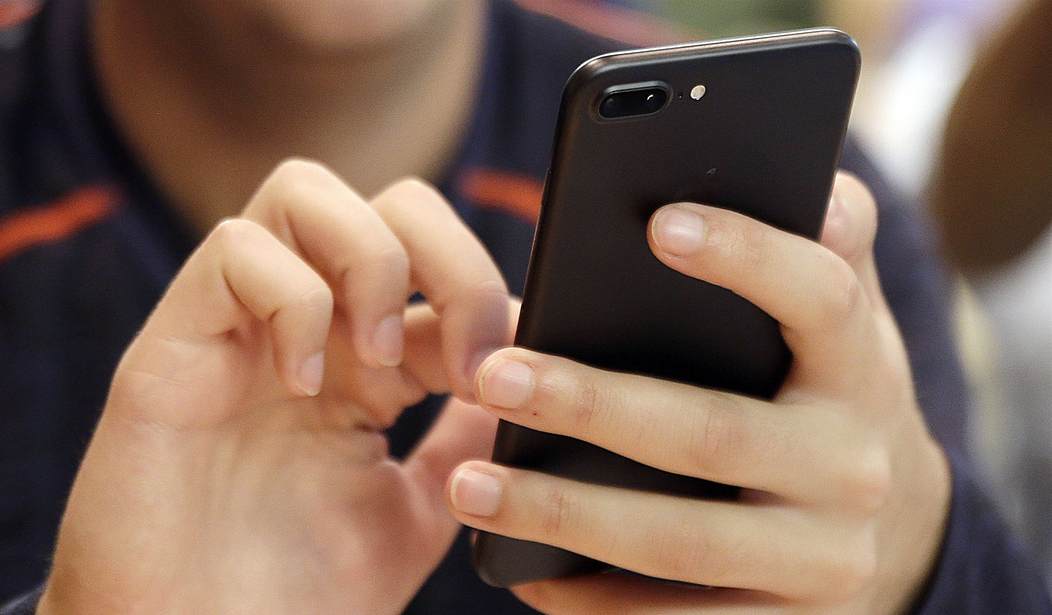This week, stakeholders and innovators across the globe hosted events and conversations surrounding intellectual property rights and related challenges in honor of World Intellectual Property Day.
A critical challenge that needs attention is the digital divide —the gap in access to communication technologies that hurts minority and low-income communities across the country. Millions of Americans are currently suffering from this inequality.
There are three key pieces that need to be in place to bridge this divide and ensure that all Americans can fully participate in the digital economy: access, affordability and devices. While there is recent progress in increasing internet access and affordability, the availability of devices that enable connectivity is threatened by exploitive, money-motivated litigation targeting some of the biggest manufacturers in America.
Devices that enable connectivity are just as essential as the network that connects them. A 2021 Pew Research study shows that Hispanic and Black adults are less likely than their white peers to have a traditional computer at home. About 80% of White adults reported owning a desktop or laptop, compared to 67% of Hispanic Americans. Hispanic Americans in particular overwhelmingly rely on their smartphones for not only basic internet access, but also for critical needs like researching a health condition.
We’re making progress on access and affordability. The Bipartisan Infrastructure Law contains billions of dollars for states to fund programs that extend high-speed broadband to both unserved and other underserved areas. Internet providers are rolling out new, ultra-fast 5G service, expanding competition and improving speed and processing power, while the Affordable Connectivity Program is lowering the cost of broadband for millions of Americans.
Recommended
While this progress is significant, it is meaningless if the devices that connect people to the internet are unavailable. Although the device market is currently strong and competitive across price points, there are serious concerns that frivolous, profit-motivated patent infringement claims could upend supply. Infringement litigation concocted by shell companies known as non-practicing entities (NPEs) or “patent trolls” threatens to block the importation of a wide range of computers and phones.
Patent trolls target legitimate companies with claims of infringement often based on weak or vague patents, forcing the companies to defend themselves in federal court and increasingly before the International Trade Commission, a quasi-judicial federal agency with authority to settle certain cases involving U.S. intellectual property rights. The ITC creates an especially devastating threat to productive companies because its only remedy is a total ban on product imports into the United States.
One such case is currently in front of the ITC, with an Ireland-based NPE called Arigna alleging patent infringement concerning some software on a microchip in certain computers and communication devices. If Arigna convinces the ITC to issue an exclusion order banning the importation of those devices, it could impact over 90%of the U.S. smartphone market as well as a large portion of the current supply of tablets and laptop computers. This predatory behavior seriously undermines the effectiveness of the taxpayer dollars being spent to bridge the digital divide.
An exclusion order of this magnitude would block millions of Americans from accessing critical information online related to their education, job, and health, especially in underserved communities. For example, almost three quarters of Hispanic smartphone users have used their devices to get critical health information. Mobile education is also a critical component of smartphone usage for Hispanic Americans – almost half say they take an online class or look up educational content on their device. What would happen to these Americans if these devices were unavailable, thanks to the ITC? The shortage of devices obviously would exacerbate the digital divide at a time we’re spending billions of dollars trying to bridge it.
Before the ITC issues an exclusion order, it is required to consider the effect that such exclusion would have on the public interest. In this case and others like it, exclusion would significantly and severely impact certain communities by widening the digital divide—a result certainly not in the public interest. But it’s been almost forty years since the ITC used its public interest authority to decline to issue an exclusion order.
It’s clear that the ITC has been hijacked by patent trolls, and it’s time for Congress to step in. The Advancing America’s Interests Act(AAIA) contains critical reforms that will ensure the ITC protects the U.S. economy and consumers, not foreign-based patent trolls like Arigna.
Recent progress shows that a solution to end the digital divide is in sight. All Americans need and deserve the connectivity that will improve their lives and allow them to fully participate in the digital economy. Passage of AAIA will ensure that the billions of dollars and countless hours being spent on closing the digital divide will not go to waste.
Mario H. Lopez is the President of the Hispanic Leadership Fund

























Join the conversation as a VIP Member